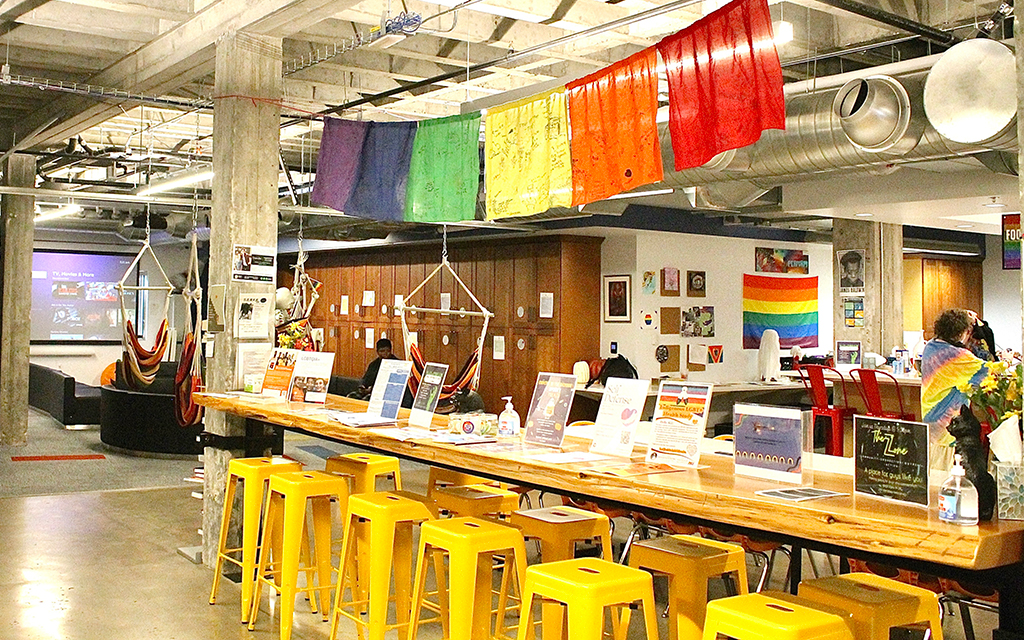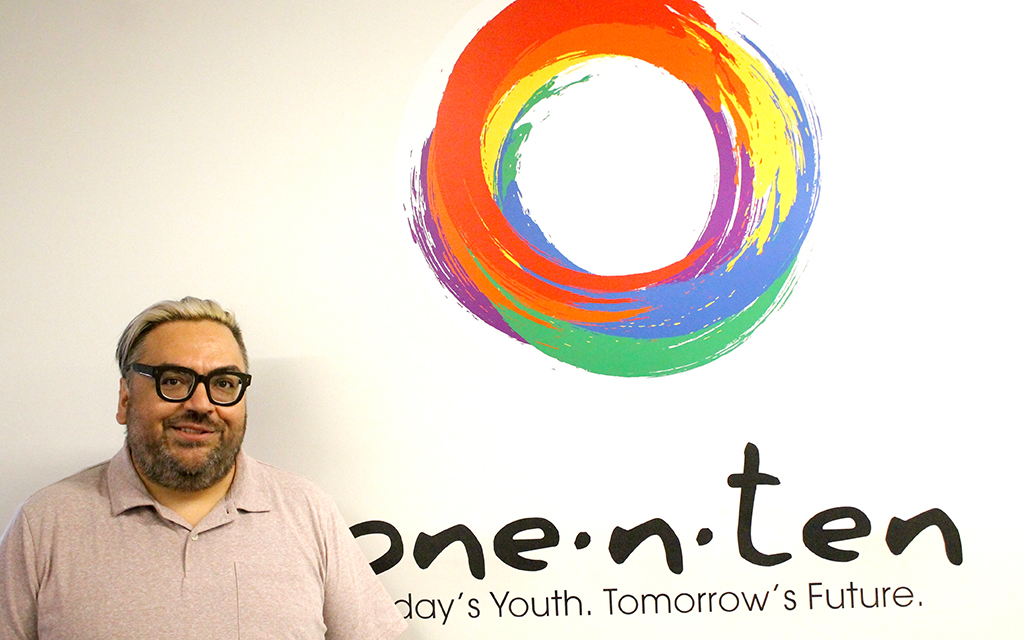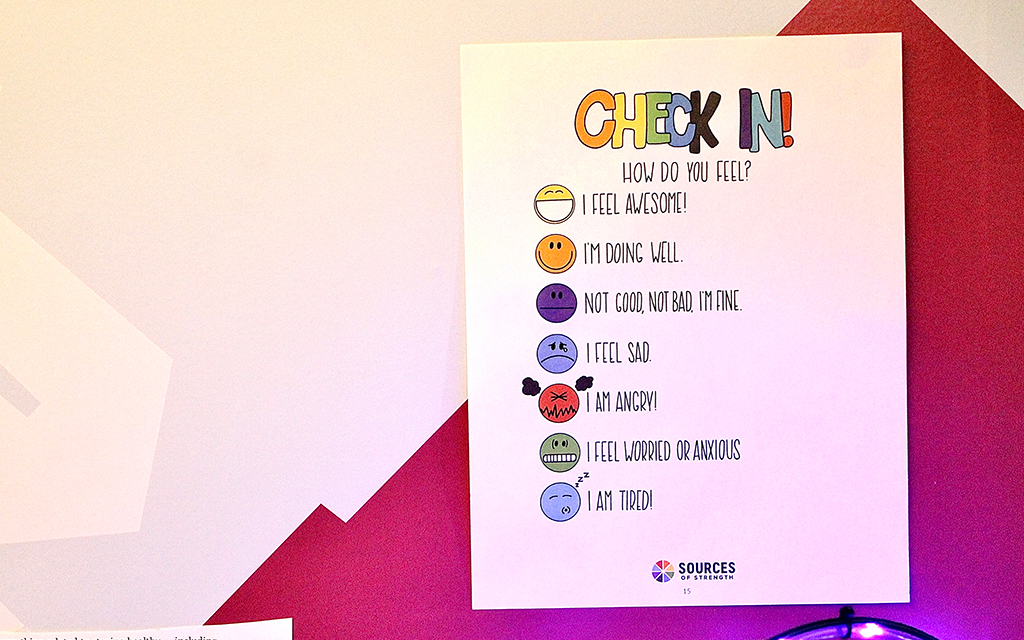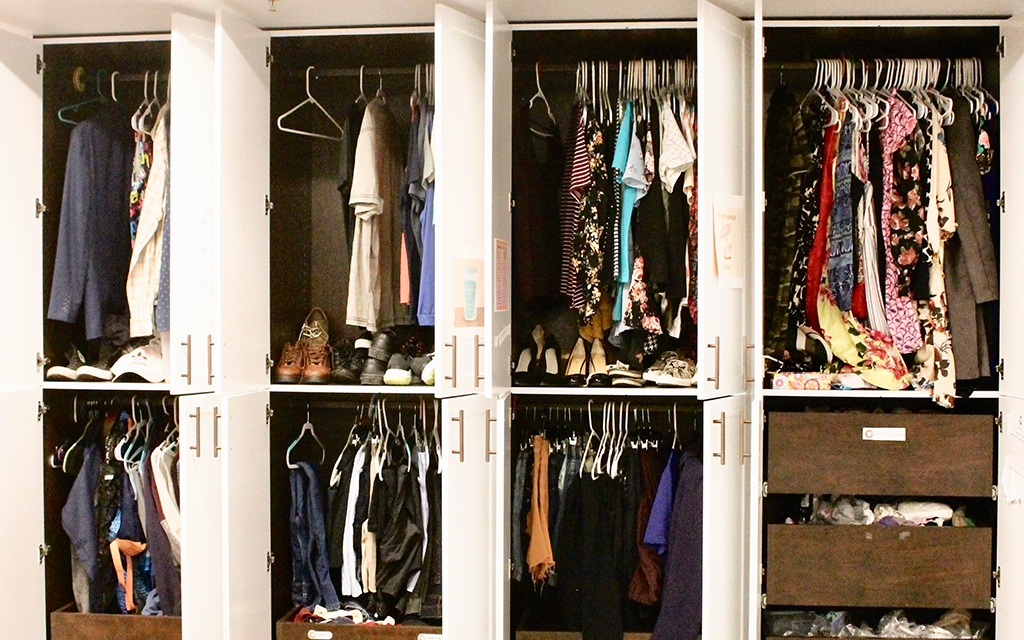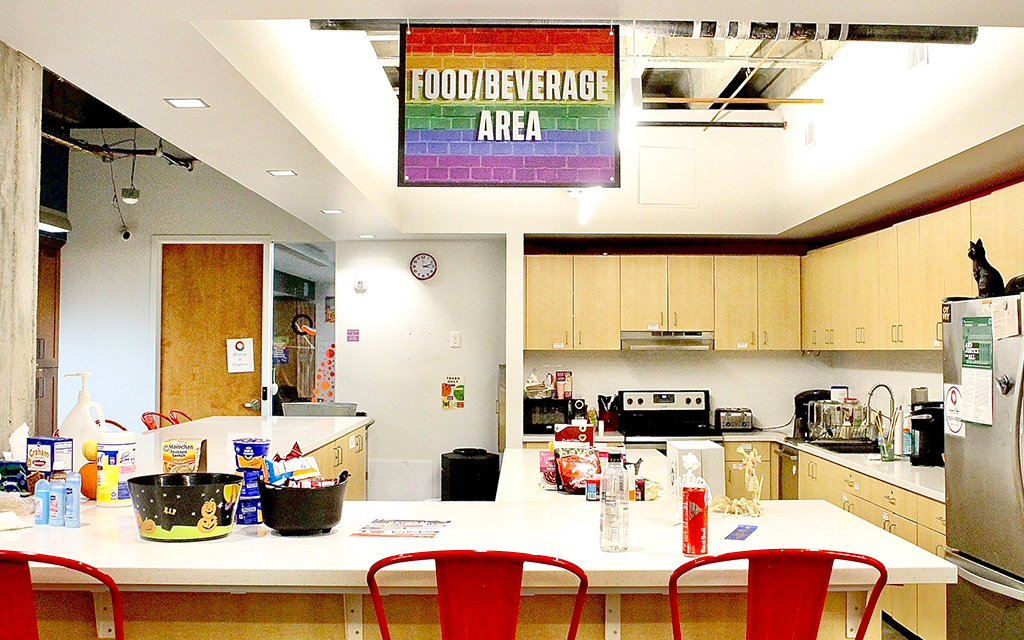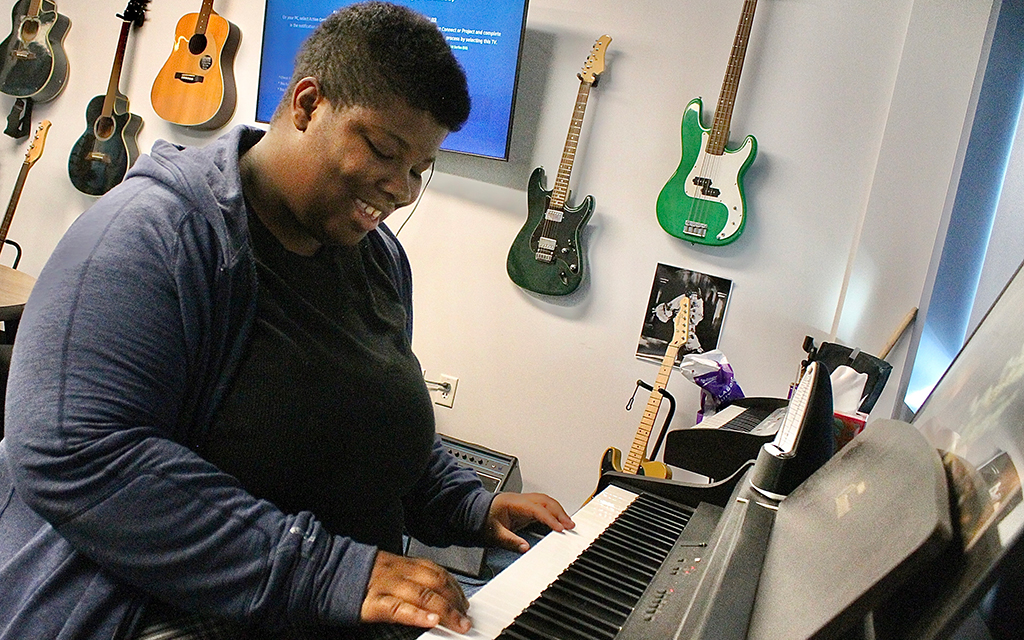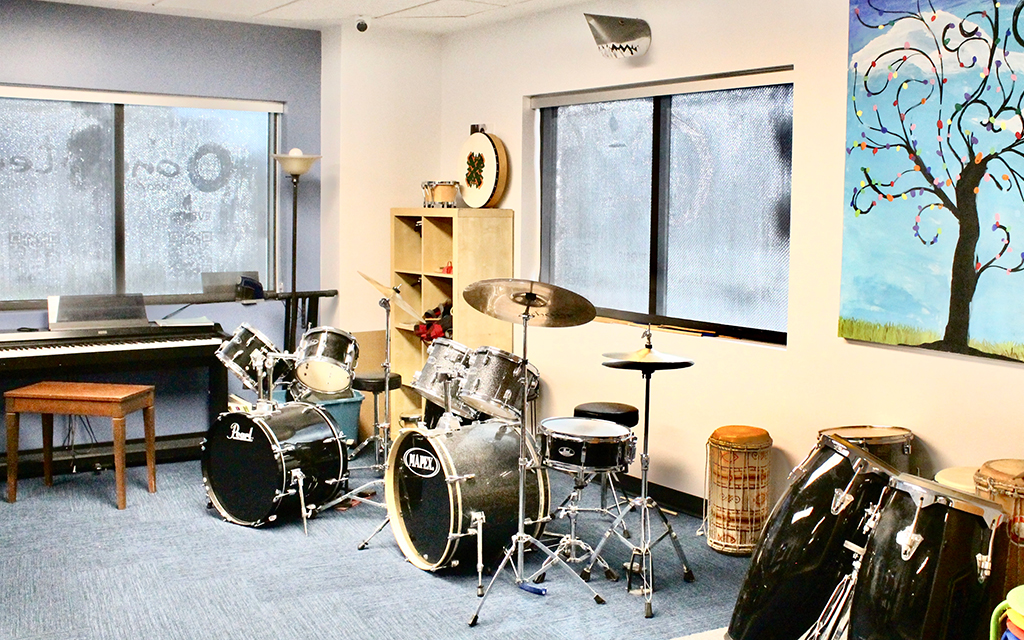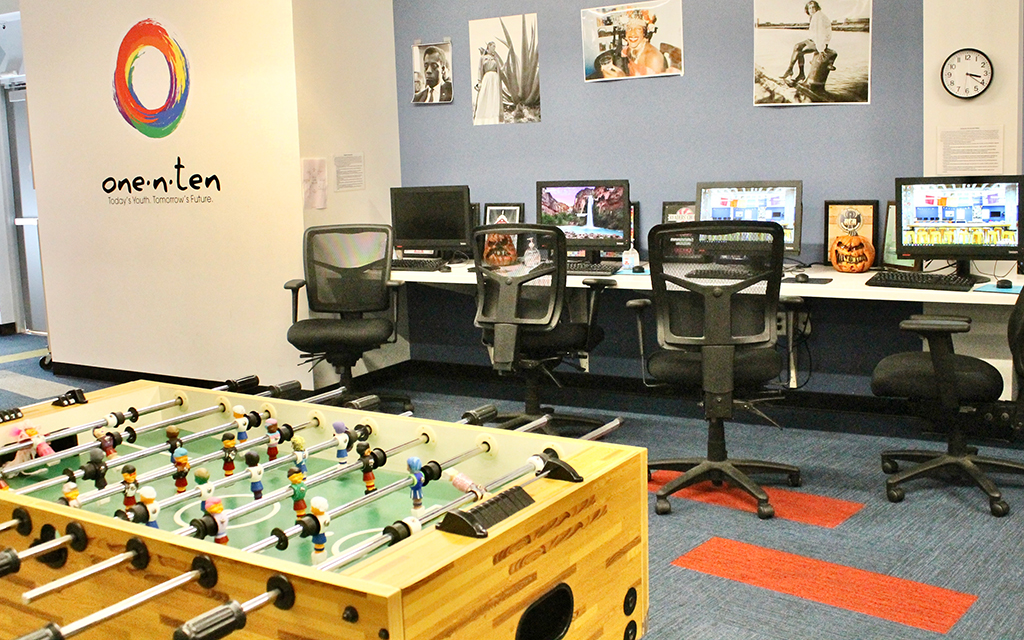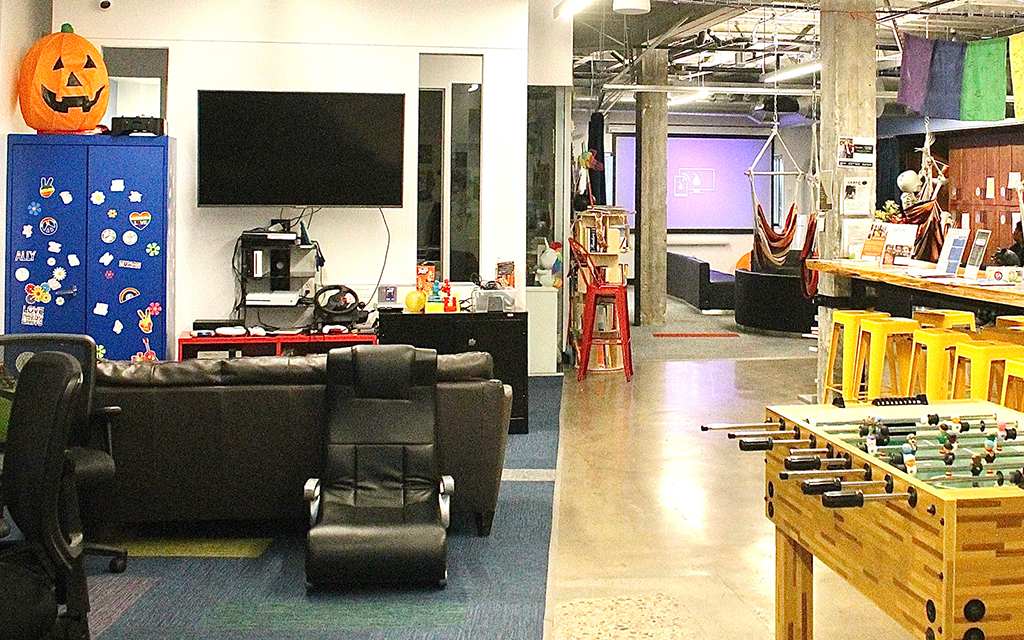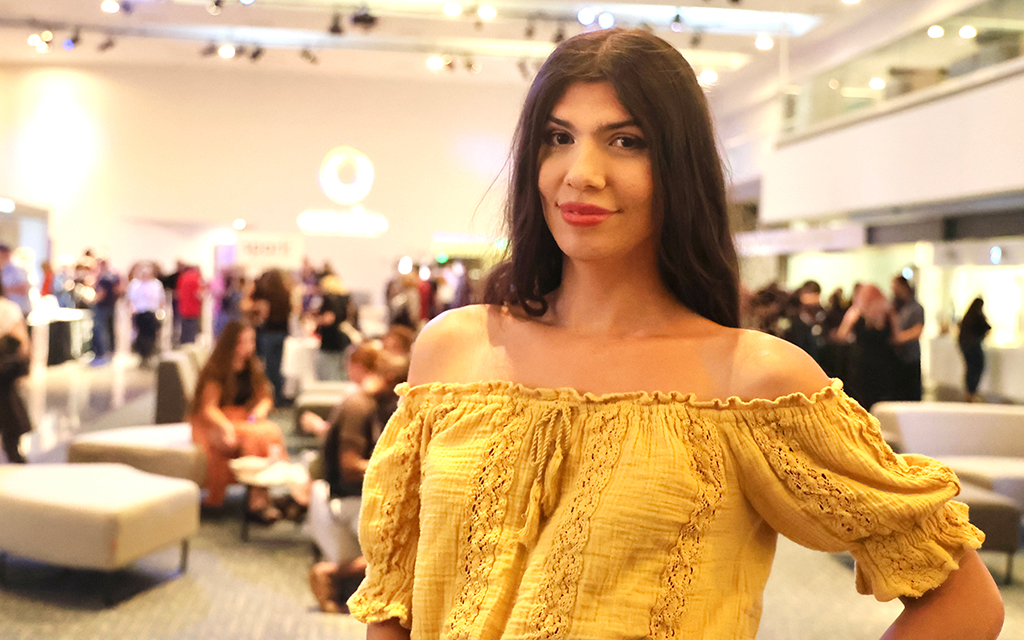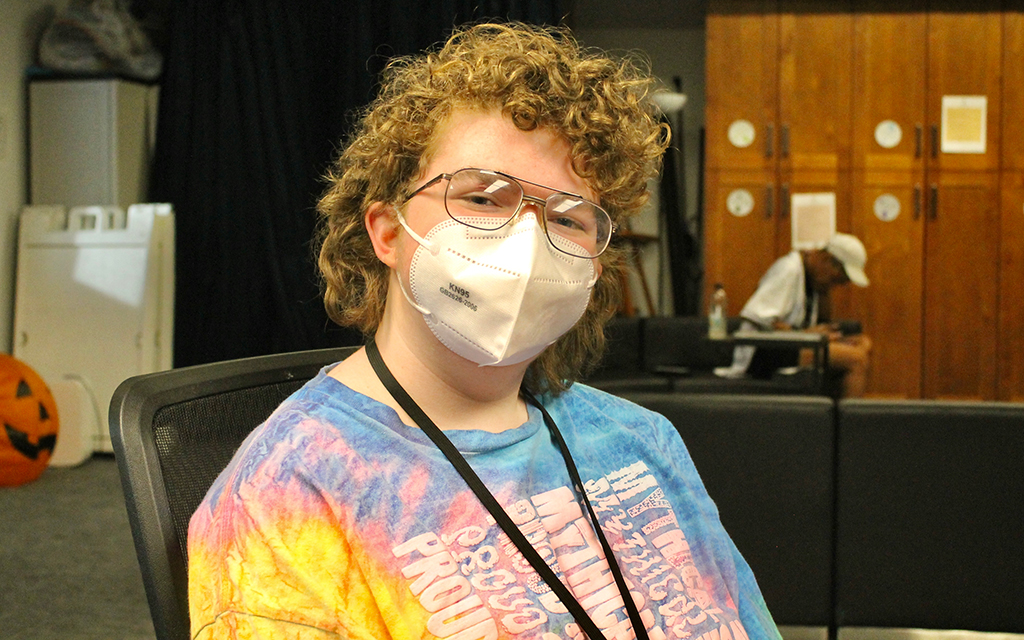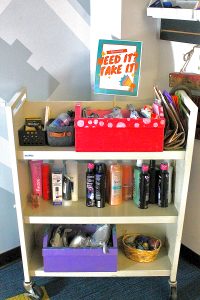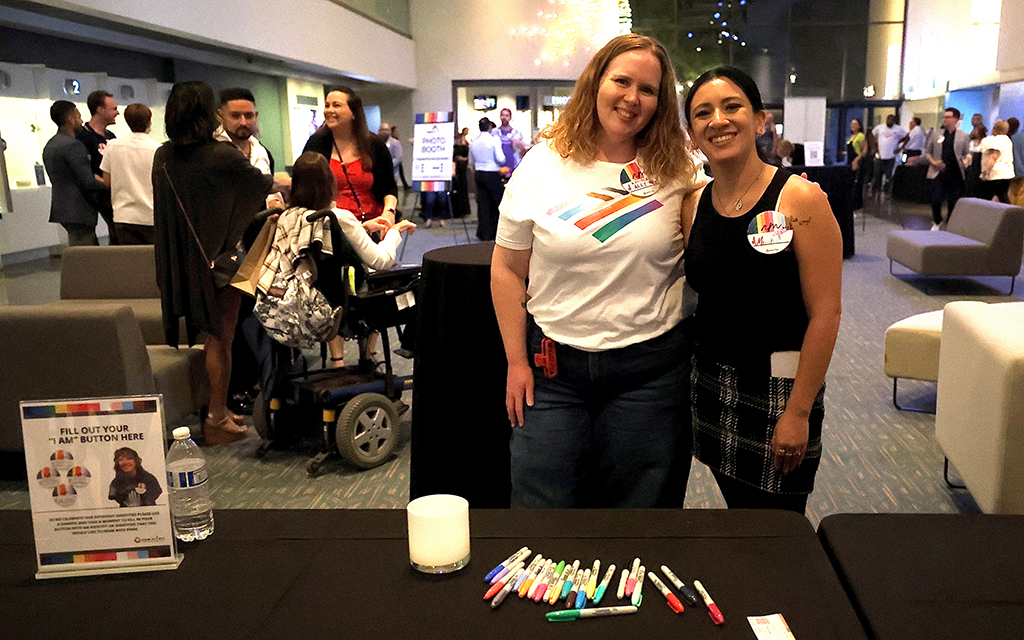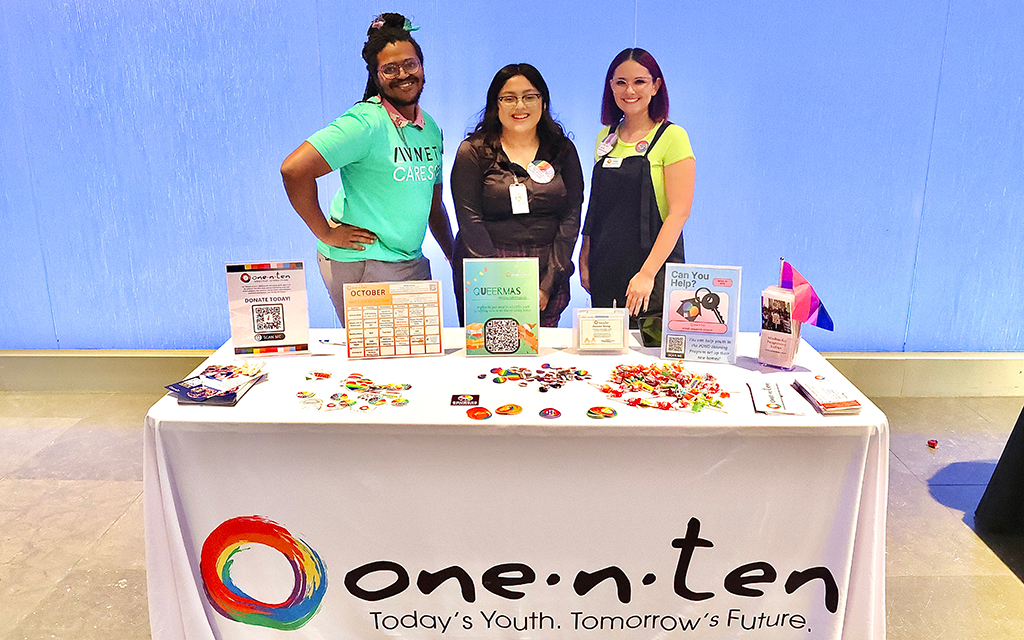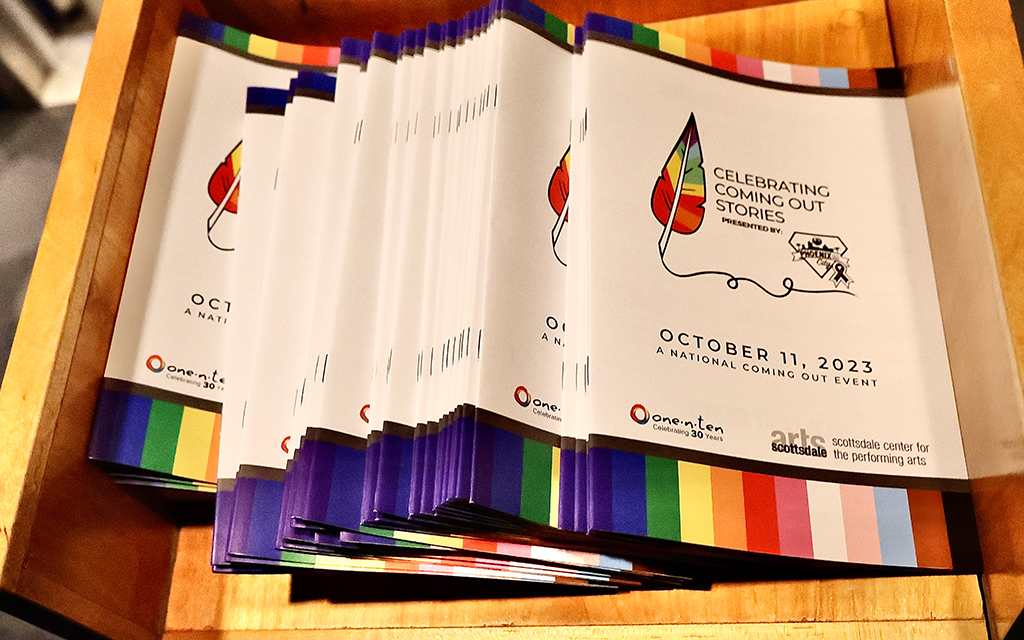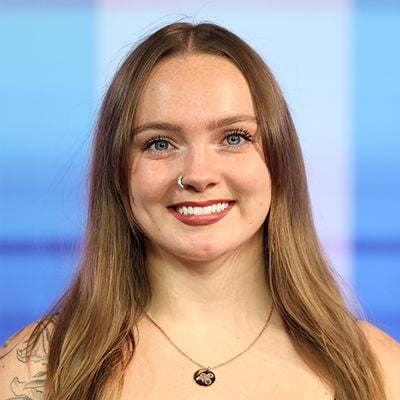Rodriguez was placed in one·n·ten’s Promise Of A New Day (POND) program, which helps LGBTQ+ homeless youth find secure housing. She said they provided her with an apartment and helped assist her with rent.
“Just by providing additional support, that can make a huge difference,” Hudson said. “I’ve seen youth come into our programs who were really confused and really trying to figure themselves out, and then they settle on a name, they settle on pronouns and they bloom. Their mental health gets significantly better.”
A 2020 study published in the journal, Global Public Health, found that loneliness and social isolation among LGBTQ youth are some of the main influences for depression and suicidal thoughts. The study goes on to emphasize that “identity-safe” spaces can make a difference: “…a nurturing environment where LGBTQ youth, who may experience rejection from their biological families and/or in schools, can build a family of choice that will provide emotional, informational and material support.”
Rodriguez said she has been “out and free” for the past three years, but knew she was different since she was 5 years old.
“My mom is a single mother and she raised me,” Rodriguez said. “I was 5 years old the first time I remember that she was against it. I, you know, did my makeup with the lipstick that I got out of her purse and then I would take a shirt and I would put it on top of my head. She caught me one day and she pulled me up to the mirror and she was like, ‘You see that? What are you doing? It’s not right. I don’t want you doing that. It’s incorrect.’ So I did have to repress it a lot of the time.”
Rodriguez said her family did as much as they could to try to suppress her feminine self-expression because they were embarrassed by it. She said she loved to dress up and that female clothing was always more interesting to her and made her feel more like herself.
The Trevor Project survey found that fewer than one in three transgender or nonbinary youth considered their home to be a gender-affirming place.
“I feel like my mental health has gotten better now that I’ve transitioned. I mean I’m not perfect. I’m also a human being, you know, I’m just like any other person, I feel, I hurt,” Rodriguez said. “Mental health is important and one·n·ten has helped me with that. I’m here living my true identity, my true self and I wouldn’t want to have it any other way. I think that it’s worth fighting for.”
Hudson said he has “seen firsthand the positive impacts of just having even one space once a week that you can go to and they don’t have to worry about being judged.”
“They don’t have to worry about having to explain themselves, they don’t have to worry about what name they’re going by or what pronouns they’re going by, they can just, like, be a teenager or be a young adult,” he said. “That has been drastic.”
